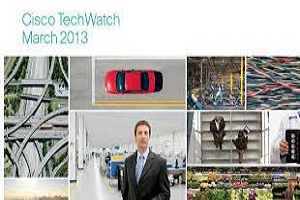March 14, 2013
Ageing population is the greatest demographic challenge

Forget Gen Y, a new report published today by the House of Lords Committee on Public Service and Demographic Change warns that it’s our rapidly ageing population that will have a huge impact on society, work and public services. Predicting a 50 per cent rise in the number of those aged 65+ and a 100 per cent increase in those aged 85+ between 2010 and 2030, the report advocates enabling people to work for longer, many of whom are legally entitled to do, since the removal of a statutory retirement age in 2011. According to the report, “Ready for Aging?” working for longer would increase income from work, potentially increase savings, and reduce the time of dependence on those savings.








 Less than half of organizations worldwide actively apply the basic elements of a health management programme, with just a third having a formal strategic plan for health and wellness. This is according to Mercer’s Talent Barometer research which explores key accelerators of talent effectiveness – education, health and wellness, and career experience – and their impact on successful workforce practices. While employers are investing in talent, with 60 per cent of organizations increasing spending in this area in recent years, only 24 per cent say their current plans are highly effective in meeting immediate and long-term human capital needs.
Less than half of organizations worldwide actively apply the basic elements of a health management programme, with just a third having a formal strategic plan for health and wellness. This is according to Mercer’s Talent Barometer research which explores key accelerators of talent effectiveness – education, health and wellness, and career experience – and their impact on successful workforce practices. While employers are investing in talent, with 60 per cent of organizations increasing spending in this area in recent years, only 24 per cent say their current plans are highly effective in meeting immediate and long-term human capital needs.



 Amidst all the controversy over flexible working raised by the infamous Yahoo homeworking ban comes US research revealing homeworking policies lead to happier employers and employees. 93 percent of employees surveyed by
Amidst all the controversy over flexible working raised by the infamous Yahoo homeworking ban comes US research revealing homeworking policies lead to happier employers and employees. 93 percent of employees surveyed by 












